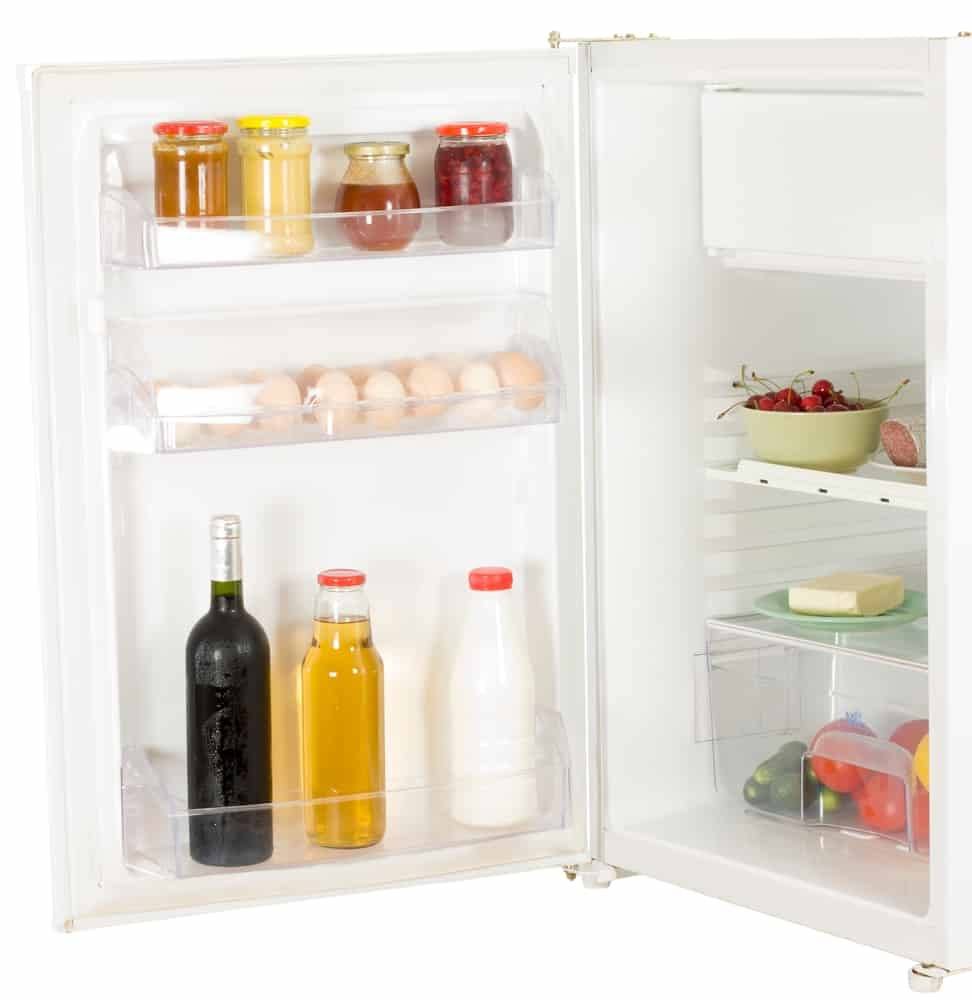
If you’re like most people, you have no clue on how to properly keep wine. Wine is thought as a luxurious drink that is mainly consumed on classy or celebratory occasions. While many people know wine should be stored and consumed differently than most household drinks, it can just end up on your kitchen counter until it’s ready to be popped open. When in reality, it should be kept in a small wine refrigerator.
Humidity, temperature, UV and other factors can shorten the life of your wine. Essentially, if it’s not kept right, it won’t taste right.
How Can I Properly Keep Wine?
Great wines are the standard by which other items that age gracefully are typically judged. Unfortunately, keeping a great wine at its greatest takes a certain amount of planning.
This planning is where many people do wrong and assume it’s the wine’s fault for tasking a bit like vinegar.
According to Wine Spectator, serving temperatures can vary considerably among different wines. Light dry whites and rosés, for example, should be served between 40 and 50 degrees F.
Light and fruity red wine should be served between 50 and 60 degrees. Port or anything fuller-bodied should be served between 60 and 65 F.
Getting the temperature incorrect when serving can make even the best wines feel lackluster. It is also important to remember that serving temperature is not the same as storage temperature.
Too many people think that they can simply keep their wines in their standard refrigerator next to the milk and eggs. While you can do this, it will not allow your wine to taste its best when served.
A wine that is kept poorly cannot be served wonderfully.

I Keep My Wine in My Fridge, Is That Bad?
Most household refrigerators can have a temperature variation of 5 degrees or more. For most food items, this is fine because all you are trying to do is avoid spoilage.
A small wine fridge is intended to keep wine at a consistent storage temperature. According to Fine Wine Reserve, the ideal temperature to keep wine is between 52 and 58 degrees F.
Wine also needs to be at the right humidity, 70 percent. Many domestic fridges keep it more like 40 to 50 percent.
Too little humidity will cause your cork to dry out and too much outside air to replace wine that evaporates through the cork. Too little humidity can ruin wine in only a few seasons.
Ideally, if you love wine, you will have a proper cellar. The next best thing is a mini wine fridge.
Can I Keep Wine Outside?
Sunbathing may be enjoyable for people, but not for wine. According to Wrap, the sun’s ultraviolet or UV light can cause chemicals in the wine to break down.
Broken-down wine does not taste good. It can even be unpalatable enough to no longer be worth keeping. Damage from light can happen in as little as a few hours. Never put wine in direct sunlight if you have the choice not to.
Double-pane glass, preferably tinted, is a solid precaution for keeping your wine from being damaged by UV and even ordinary light.
How Long Can I Keep Wine?
Only you can decide how long to keep your wine. Your storage facilities will dictate how long your wine will remain at its best.
If you are only out to store a few bottles, a small wine refrigerator will serve you well. You should keep them in your wine mini fridge for less than a year.
You should also have a mini wine refrigerator if you want to store small amounts of wine. Most of these fridges store between 6 and 25 bottles.
The most massive wine fridges have storage space for up to 200 bottles. If you have an extensive collection, you may consider getting a wine cellar.
Where Can I Store Between Servings?
Wine mini fridges come in many configurations. Some are single zone fridges, which can be used if you only like white or red wine but not both.
You can also get a dual zone fridge, which lets you set two different temperatures. This is better for when you enjoy two types of wine with two distinct serving temperatures.
If you have an eye for design or simply want to preserve countertop space, skip the countertop wine cooler and get a built-in one that can be installed amid your cabinetry.
You can potentially get a dual zone fridge where you set one side for long-term storage, while the other is warmer for serving.

What Are The Different Types of Cooling Methods?
Not all cooling is the same. Choosing your type of cooling will inform your choice of a wine refrigerator.
A thermoelectric cooler uses a principle called the Peltier effect. This kind of cooler uses electricity to transfer heat from one area to another.
Thermoelectric coolers are great because they tend to last longer as they have no moving parts or liquids. They are also reasonably quiet, though they often have a fan to distribute fresh cool air.
These coolers also tend to have less temperature fluctuation. Less fluctuations means less damage to your wine and a better tasting glass!
Compressor-based wine mini fridges tend to be more efficient. These wine fridges use more energy and power, but they cool the wines at a much quicker pace.
Compressor refrigerators are also good because they are able to cool despite more extreme temperature fluctuation. If you change the temperature in your home frequently, this kind of wine mini fridge is the better option for you.
Why Do I Need a Mini Fridge?
If you love having wine more than a couple of times a week, a wine mini fridge is likely a good investment. This is even more likely if you have a favorite type of wine and experiment with pairings.
Another reason why a wine mini fridge would be for you is if you already have a wine cellar. It can be inconvenient to trudge down to the basement to retrieve a bottle of your favorite type of wine. When having a mini-fridge at a more convenient location can make a whirlwind of a difference in your wine drinking experience.
Having the bottle properly chilled for serving right in your kitchen is extremely handy.
Keeping wine properly can help it last longer. Well-kept wine also tastes far better and is less likely to spoil. Choosing the right small wine refrigerator is a decision you should weigh carefully, however, it is necessary for a better tasting wine experience!